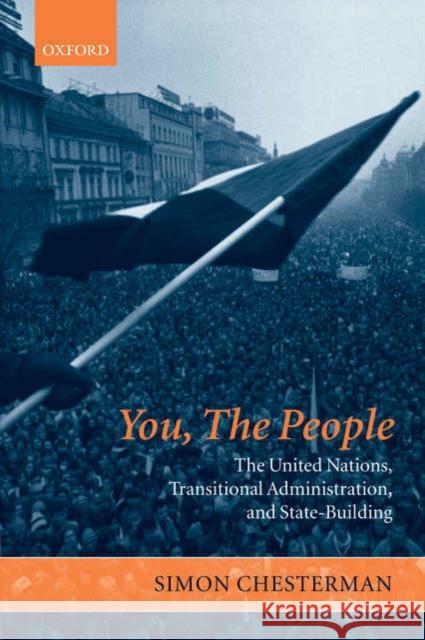You, the People: The United Nations, Transitional Administration, and State-Building » książka
You, the People: The United Nations, Transitional Administration, and State-Building
ISBN-13: 9780199284009 / Angielski / Miękka / 2005 / 318 str.
You, the People: The United Nations, Transitional Administration, and State-Building
ISBN-13: 9780199284009 / Angielski / Miękka / 2005 / 318 str.
(netto: 309,05 VAT: 5%)
Najniższa cena z 30 dni: 311,59
ok. 16-18 dni roboczych.
Darmowa dostawa!
The governance of post-conflict territories embodies a central contradiction: how does one help a population prepare for democratic governance and the rule of law by imposing a form of benevolent autocracy?
Transitional administrations represent the most complex operations attempted by the United Nations. The operations in East Timor and Kosovo are commonly seen as unique in the history of the UN--perhaps never to be repeated. But they may also be seen as the latest in a series of operations that have involved the United Nations in 'state-building' activities, where it has attempted to develop the institutions of government by assuming some or all of those sovereign powers on a temporary basis. The circumstances that have demanded such interventions certainly will be repeated.
Seen in the context of earlier UN operations, such as those in Namibia, Cambodia, and Eastern Slavonia, the view that these exceptional circumstances may not recur is somewhat disingenuous. Moreover, the need for such policy research has been brought into sharp focus by the weighty but ambiguous role assigned to the UN in Afghanistan and the possibility of a comparable role in Iraq.
This book fills that gap. Aimed at policy-makers, diplomats, and a wide academic audience (including international relations, political science, international law, and war studies), the book provides a concise history of UN state-building operations and a treatment of the five key issues confronting such an operation on the ground: peace and security, the role of the UN as government, judicial reconstruction, economic reconstruction, and exit strategies.











